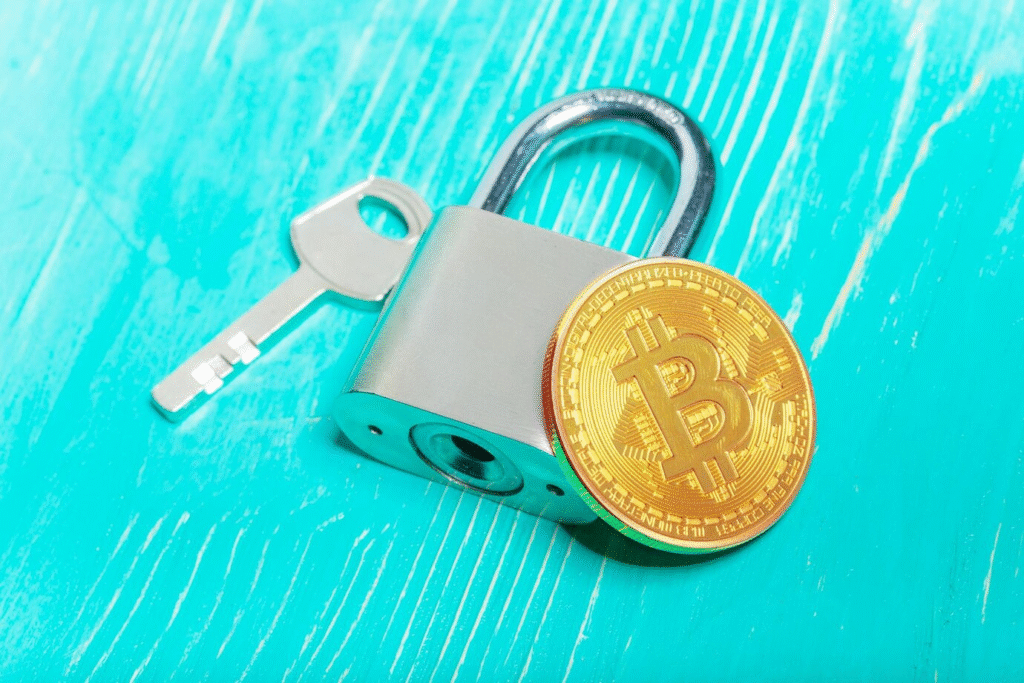The financial environment has been completely transformed by cryptocurrency, which provides decentralization, international transactions, and individual financial control. But these advantages come with a lot of obligations, the most important of which is protecting your digital assets’ security and accessibility. Cryptocurrency works on an immutable blockchain, in contrast to traditional banking systems, where lost credentials may frequently be recovered with a phone or in-person visit. Your investments can be lost forever if you misplace your private keys or crypto wallet. Both novice and experienced investors find it difficult to balance the need to protect their cryptocurrency from theft and to have it readily available when needed.
Make Use of Two-Factor Authentication
Using strong, one-of-a-kind passwords and turning on two-factor authentication (2FA) on all platforms associated with cryptocurrency are the first steps towards security. Instead of using the same password for several accounts, use password managers to create and save complicated password combinations. Two-factor authentication, which typically uses a mobile app, adds an extra layer of protection by requiring a second verification step. Although 2FA via email or SMS is preferable to nothing, app-based solutions are far more secure. You may significantly lower the chance of unwanted access to your wallets and exchange accounts by following these easy procedures.
Comprehending Wallet Types and Their Functions
It’s essential to comprehend the various wallet types and their effects on accessibility and security before you start protecting your cryptocurrency. Wallets can be broadly divided into two groups: cold wallets and hot wallets. Hot wallets are usually browser extensions or programs that are linked to the internet. They are perfect for regular transactions, so using a reliable Solflare wallet, for instance, makes your life a lot easier and simpler. Alternatively, you can use cold wallets that are offline and comprise paper wallets and hardware wallets. Although they can be less practical for daily usage, they are far more secure. Diversification is the key to security; keep most of your holdings in cold wallets and use hot wallets for modest, frequent transactions.
Protect Your Seed Phrases and Private Keys
Your crypto ownership is based on your seed phrases and private keys. The security of your assets is crucial because anyone who has access to them can take control of them. Because they are easily hackable, never save these keys in digital media like screenshots, cloud storage, or plain text on your devices. Rather, record them on paper and keep them in a safe that is both waterproof and fireproof. Use a damage-resistant metal seed storage container for extra security. To make sure that even physical theft won’t result in a complete loss, some expert users divide their seed words into pieces and keep them in several places.
Remain Alert to Phishing and Scam Attacks
Even the most secure installations can be compromised by the numerous scams that are prevalent in the cryptocurrency field. Cybercriminals frequently employ phishing emails, phony websites, and malicious browser extensions to fool victims into disclosing their private keys or passwords. Never click on dubious links, always verify URLs before logging in, and never divulge private information, even if it seems like it came from a reliable source. Giveaways and investment plans that look too good to be true should be avoided, in particular. It takes more than just technology to keep your cryptocurrency safe; you also need to be knowledgeable and cautious.
Make a Long-Term Accessibility Plan
Security is just one aspect of the problem. Accessibility is equally vital, particularly in the long run. What happens to your cryptocurrency if you die or become incapacitated? Your digital assets could be permanently lost if you don’t have a plan. An often-ignored phase in bitcoin estate planning is making sure your family or other trustworthy people can access your holdings. This can entail drafting a will that specifies where your wallets are, how to access them securely, and other details.
Knowing how to keep your funds safe and accessible is more crucial than ever as cryptocurrencies play a bigger role in both personal finance and international investing. Even though cryptocurrency is decentralized, each person is ultimately responsible for protecting it. Your digital assets will be secure and available when you need them if you handle that duty with the gravity it requires.

